These profound words of the Lakota people inspired me to create the Global Education Center and are the foundation of all of our work. We are all brothers and sisters, valuable members of our families and communities, each of us special in our own unique way. It is our individual uniqueness and our collective commonalities that build a welcoming, inclusive community. Based on years of work as an anti-bias educator and a teacher, parent volunteer and school administrator, I founded the Global Education Center to help teachers create safe classrooms for all of their children and families and to support minority and international artists with resources that enable them to share their culturally unique traditions.
I LOVE THIS WORK! Every day is exciting, inspiring and fulfilling. Taking hands-on cultural museums into schools throughout Middle Tennessee and southern Kentucky and watching children’s global awareness and cross-cultural understanding bloom as they handle artifacts, fabrics, baskets, toys, games and instruments from different cultures and then watching it click when they realize the similarities all cultures share is heart-warming and affirming. Listening to their conversations as they explore the world and answering questions to help them better understand our oneness as well as our different lifeways and cultural expressions keeps me youthful, intellectually hungry and passionate about human rights.
Children and youth in all school environments – public, private, urban, suburban and rural – come alive to the rhythms of Life as we share music and dance traditions from around the world. Sometimes we have to convince children and teachers that it is ok to show appreciation through whoops, hollers and some crazy seat-dancing, but once they get the vibe of the cultural celebration, the rafters shake and the school teems with the excitement of the world’s diversity. My heart nearly explodes with love and pride as I watch the many artists connect with their audiences, sharing traditions from their own cultures as well as the traditions of others. It is magical!
In these divisive times, I am even more committed to and proud of the work of the Global Education Center in providing a home where all members of our community can come together in a safe, welcoming and inclusive environment, where everyone is considered a member of our Global family. The year 2020 marks the 24th year of Global Education Center’s important place in the artistic fabric of our community. We are necessary, we are relevant, we are strong, and we are here to stay. When children and adults hear the nasty rhetoric that minimalizes members of our community, or when they experience a moment of fear or invisibleness, we want them to know that we are here for them. We are here to empower them through the arts to dispel myths, alleviate fears, and dismantle the many isms that marginalize so many of our citizens. We are here to let them know that we are all brothers and sisters, members of a beautiful Global family that communicates through care, respect and Love. We ALL belong here. Mitakuye oyasin. We are all related. We always have been. We always will be.
Ellen Gilbert
Founding Director
Global Education Center
I LOVE THIS WORK! Every day is exciting, inspiring and fulfilling. Taking hands-on cultural museums into schools throughout Middle Tennessee and southern Kentucky and watching children’s global awareness and cross-cultural understanding bloom as they handle artifacts, fabrics, baskets, toys, games and instruments from different cultures and then watching it click when they realize the similarities all cultures share is heart-warming and affirming. Listening to their conversations as they explore the world and answering questions to help them better understand our oneness as well as our different lifeways and cultural expressions keeps me youthful, intellectually hungry and passionate about human rights.
Children and youth in all school environments – public, private, urban, suburban and rural – come alive to the rhythms of Life as we share music and dance traditions from around the world. Sometimes we have to convince children and teachers that it is ok to show appreciation through whoops, hollers and some crazy seat-dancing, but once they get the vibe of the cultural celebration, the rafters shake and the school teems with the excitement of the world’s diversity. My heart nearly explodes with love and pride as I watch the many artists connect with their audiences, sharing traditions from their own cultures as well as the traditions of others. It is magical!
In these divisive times, I am even more committed to and proud of the work of the Global Education Center in providing a home where all members of our community can come together in a safe, welcoming and inclusive environment, where everyone is considered a member of our Global family. The year 2020 marks the 24th year of Global Education Center’s important place in the artistic fabric of our community. We are necessary, we are relevant, we are strong, and we are here to stay. When children and adults hear the nasty rhetoric that minimalizes members of our community, or when they experience a moment of fear or invisibleness, we want them to know that we are here for them. We are here to empower them through the arts to dispel myths, alleviate fears, and dismantle the many isms that marginalize so many of our citizens. We are here to let them know that we are all brothers and sisters, members of a beautiful Global family that communicates through care, respect and Love. We ALL belong here. Mitakuye oyasin. We are all related. We always have been. We always will be.
Ellen Gilbert
Founding Director
Global Education Center

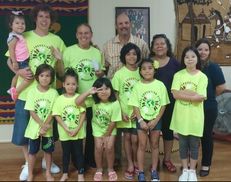
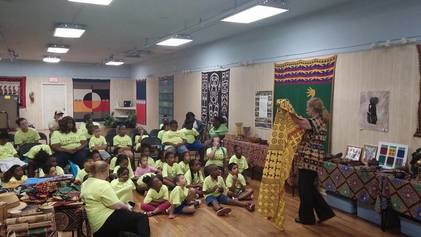
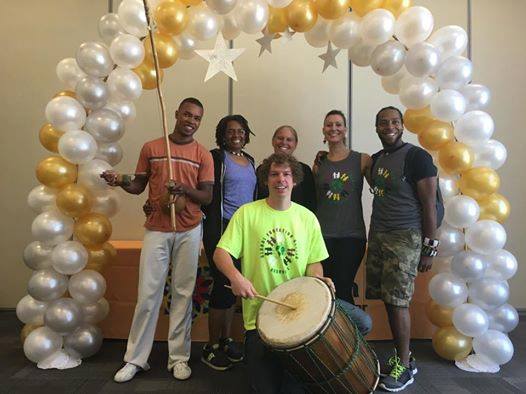
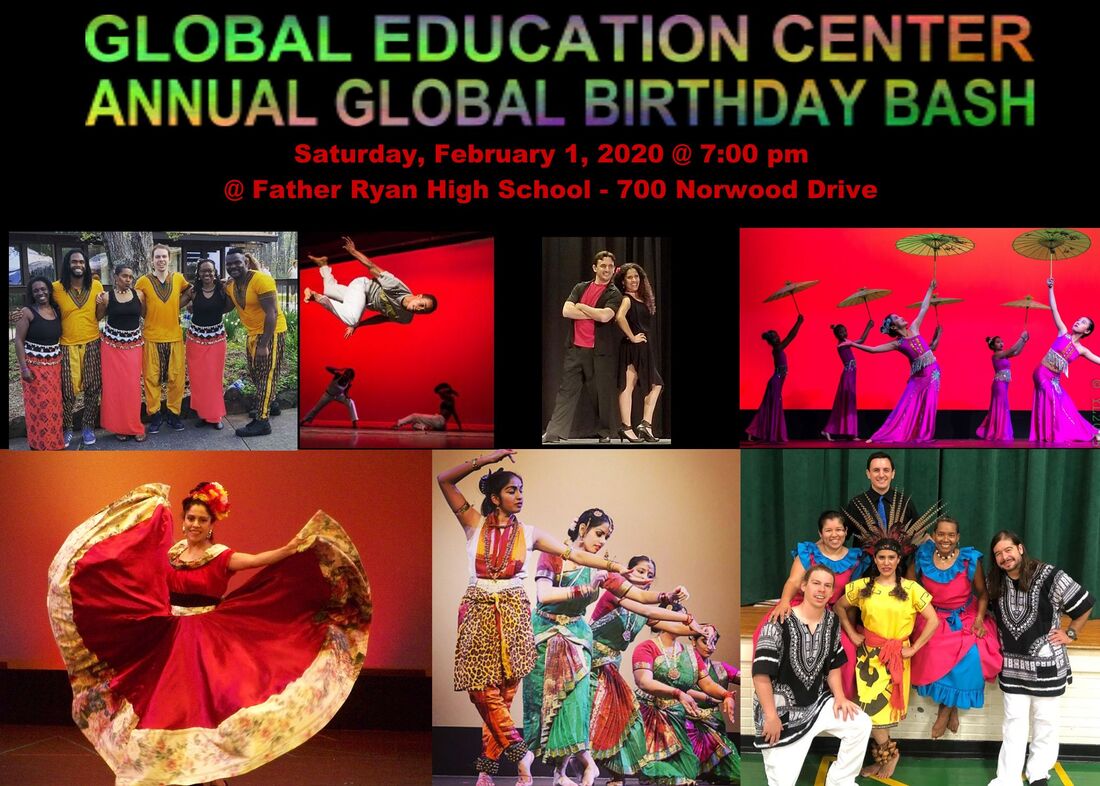
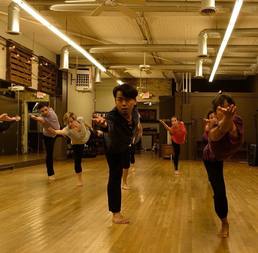
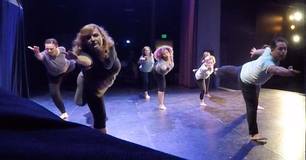


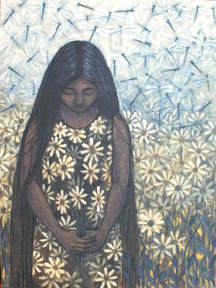
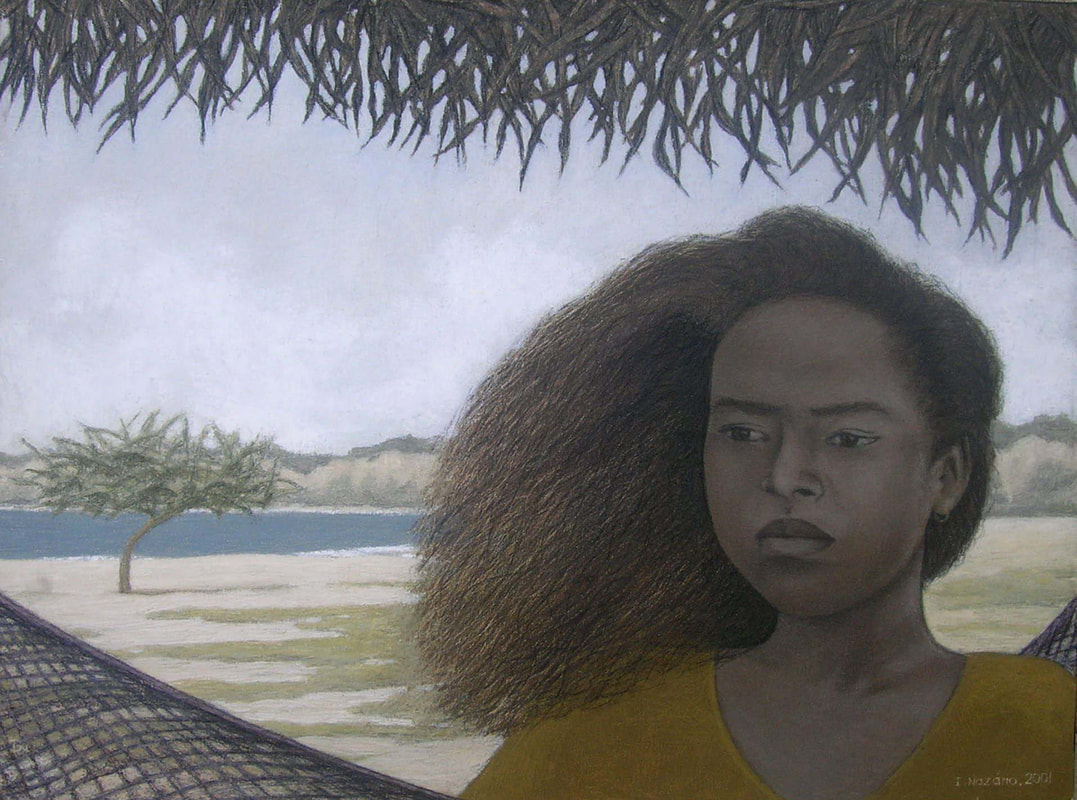
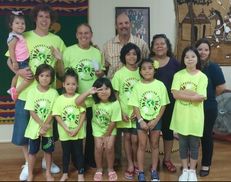
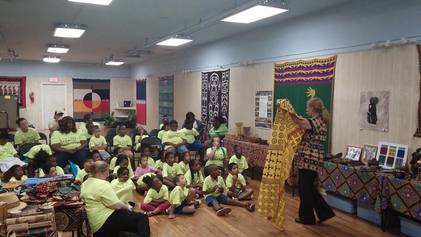
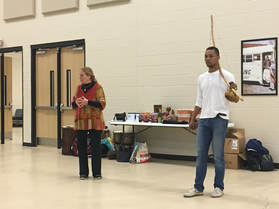
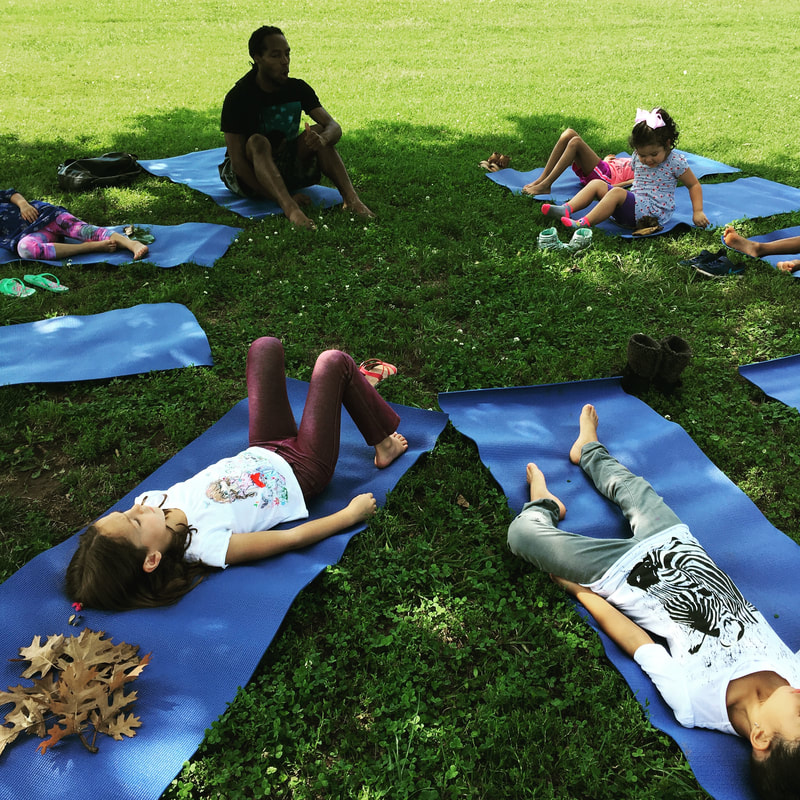
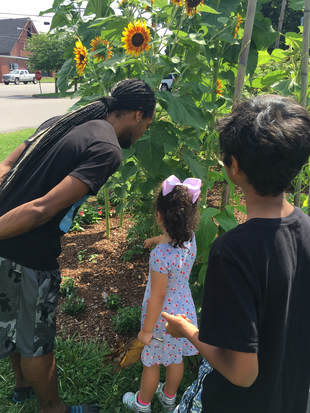
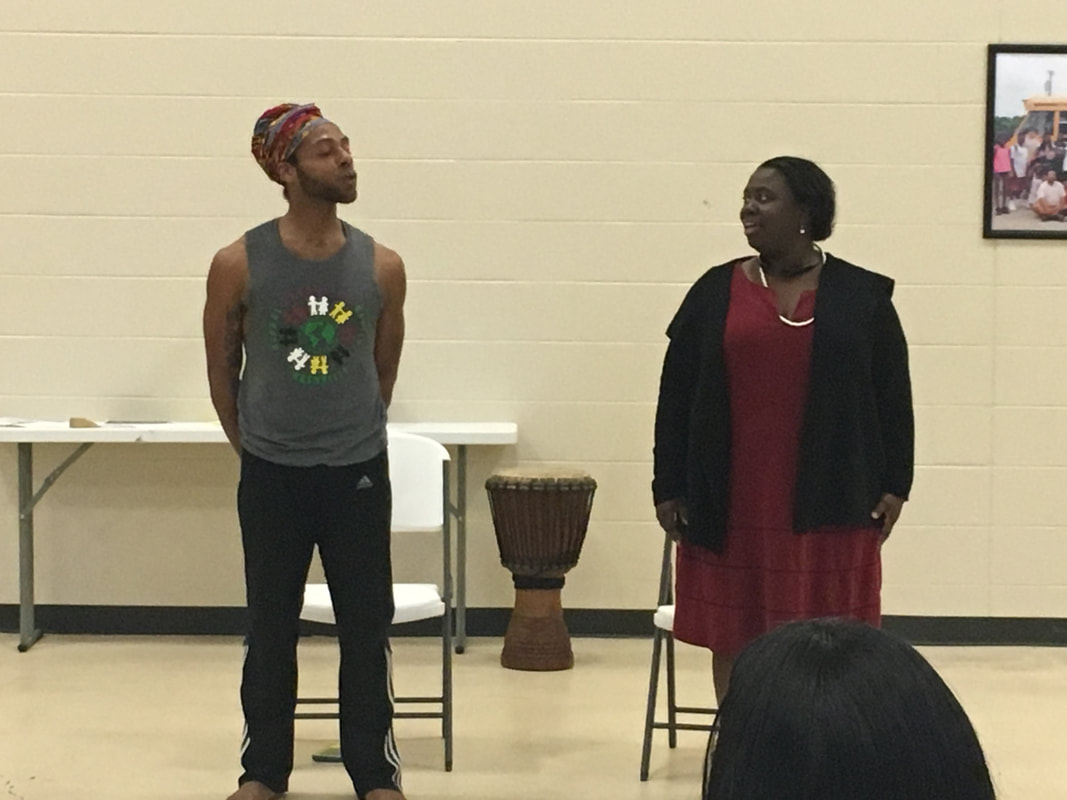
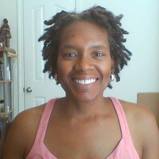
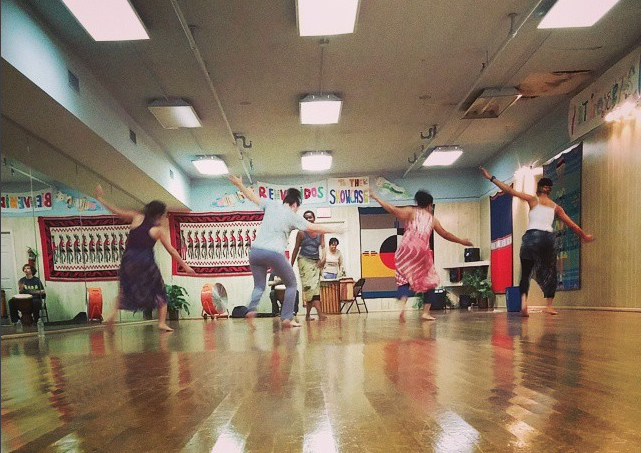
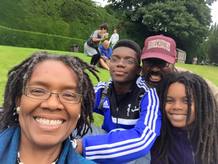
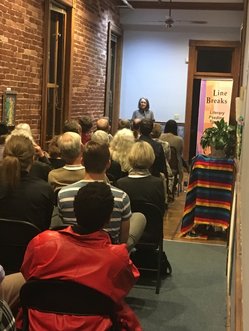
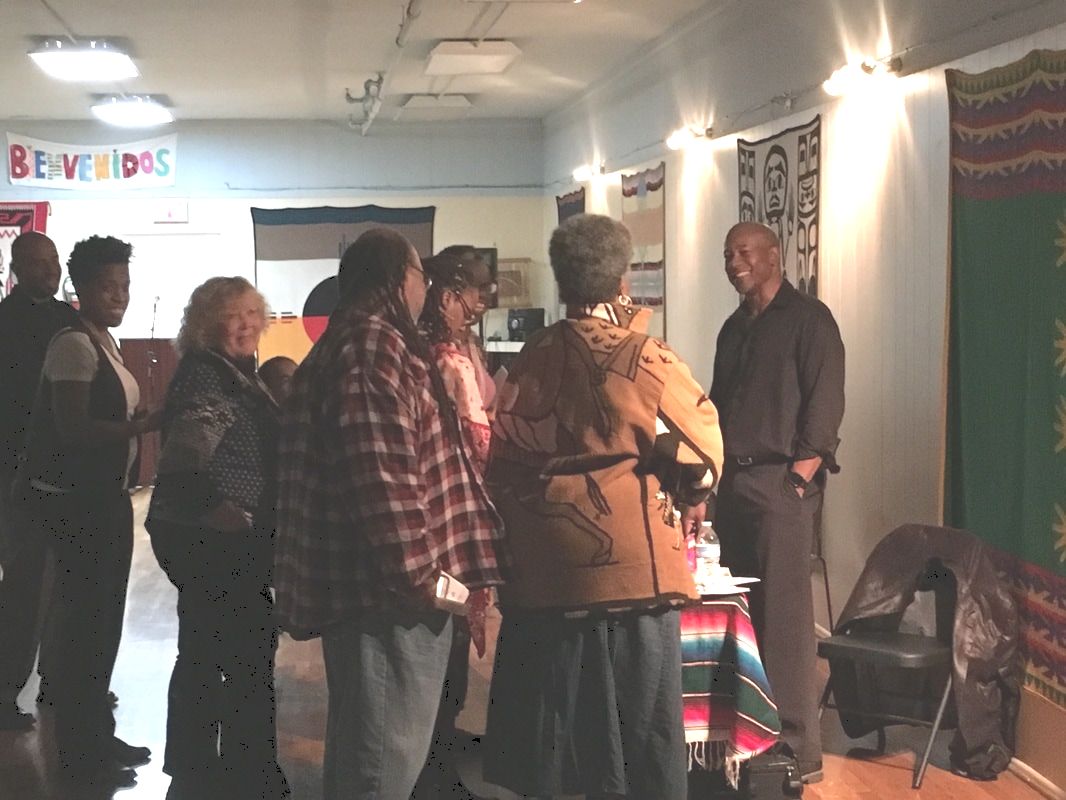
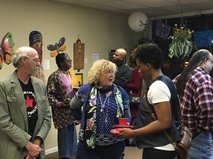
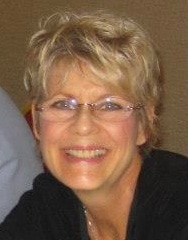
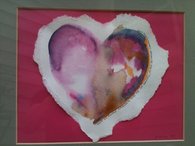
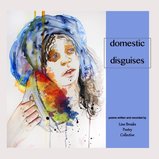
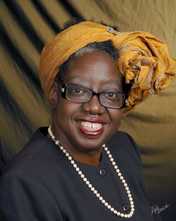
 RSS Feed
RSS Feed